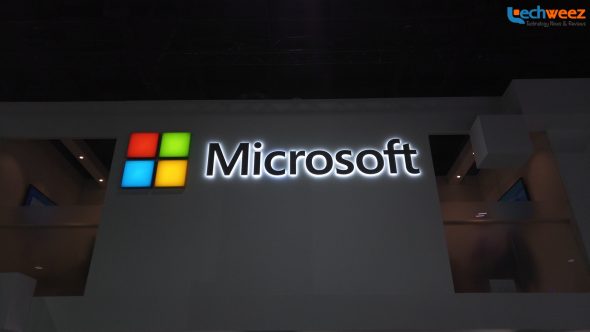
Reports such as those tabled by a global corporation like Microsoft suggest that cyber-attacks cost the Kenyan economy up to KES 29.8 billion in 2018.
One of the primary reasons the country has created a permissive environment for cyber-attacks is through weak campaigns about the dangers of internet-based crimes and the risk of using cyber services.
While the country prides itself with robust digital infrastructure, some areas are still subject to poor development of digital services. Admittedly, cybercriminals have taken advantage of weak security systems and cyber habits of locals to deploy attacks.
“As organizations continue to pursue a fully digitally transformed future, threats within the cyberspace will continue to become more advanced in not just the financial sector, but in many industries across the region. This will leave individuals and organizations alike with no choice but to turn to the ever-improving capabilities that advanced technologies and solutions bring with it – and this is what encompassed our goal for this event. We are passionate about this and recognize the dire need not only to inform but also enable organizations in this regard,” noted Sebuh Haileleul, Country Manager for Microsoft in Kenya.
The local Microsoft office further reiterates our assertions that we are rooted in the new or 4th industrial revolution. These developments have had their fair share of transitioning the state into a new kind of information age.
Yet, companies’ and peoples’ awareness of, and the enthusiasm for, these changes have been influenced by fears that the online world brings with it new threats and dangers to our internet security and overall well-being.
What is more, the online space, the cornerstone of digitized interactions and exchanges, has demonstrably offered a wide range of opportunities for people and the organizations that serve them – and in the same breath, has continued to fuel opportunities for criminals who have proved their deviation from time to time.
In twenty years or so on from the onset of internet services in widespread digital consciousness, it has become apparent that the intervening years have been centered around fears regarding its criminal dimensions.
Local businesses continue to cite threats to growth and economic performance, especially for cases surrounding e-fraud. The Kenyan government has highlighted the grave nature of cyber warfare, especially in the wake of current events surrounding online terrorism.
Companies continue to fear of their online safety as they are apprised of intruders who are actively pursuing weak points in their systems.
In fact, it is a safe assumption that hardly does any computer user exist who has not been who has not experienced some form of attack, either by forced intrusion or attack by viruses, among other types of malicious software.
Furthermore, it can be argued that activists who defend democratic rights and freedoms have seen cyber threats arise from their surroundings, where they are convinced that the cyberspace furnishes tools for some form of illegal surveillance, where influential people are watching their every move.
Either way, the growth of internet services and products continue to showcase an array of new challenges based on person to person and collective safety and stability, as well as economic prosperity and in some cases, political liberty.
In light of the preceding assertions, Microsoft continues to emphasize its commitment to offering a safer and trusted platform for businesses and organizations in the regions it operates in. During its stakeholder sitting that was staged a couple of days ago, the Redmond-based technology leader echoed its findings published in its Security Intelligence Report that identified four primary trends that have come up during the fight against cyber cases.
“From our ongoing research, we found that in the past year ransomware attacks as a vector declined, software supply chains became a risk, cryptocurrency mining prevalent and that phishing still remains the preferred attack method,” said Sebuh. “While this may indicate progress in blocking ransomware attacks against organizations, it also draws our attention to new avenues now being identified for attacks – otherwise very easily ignored by organizations as a recognizable ‘pathway’ for penetration.”
Perhaps, what Microsoft Kenya is trying to say here besides its statistical projections, such as the reporting that global spending on AI will grow to $46 billion by next year, with 25 percent of this development in banking and security, is that the cloud and AI tools are instrumental in securing setups such as the workplace.
“The use of AI to combat cybersecurity to fill crucial gaps by analyzing a vast ocean of threat data to prevent attacks before they occur is a factor that organizations, through partnering with the correct solutions provider, remains pivotal. Furthermore, the cloud is and still will be imperative to securing the modern workplace. Lastly, quantum computing, although still in its infancy will require threat analysts to keep an eye on what advances in quantum computing would mean for security in 2019 and beyond,” added Sebuh Haileleul during the meet.




























